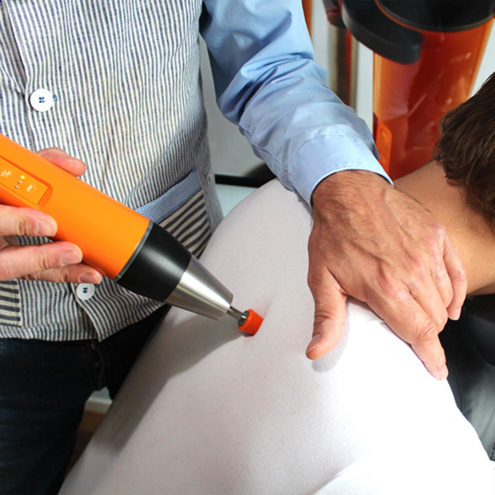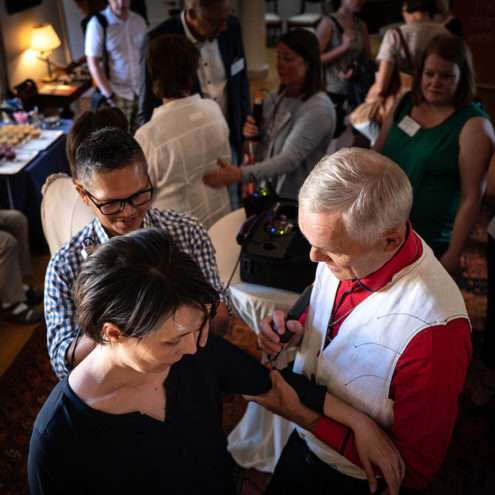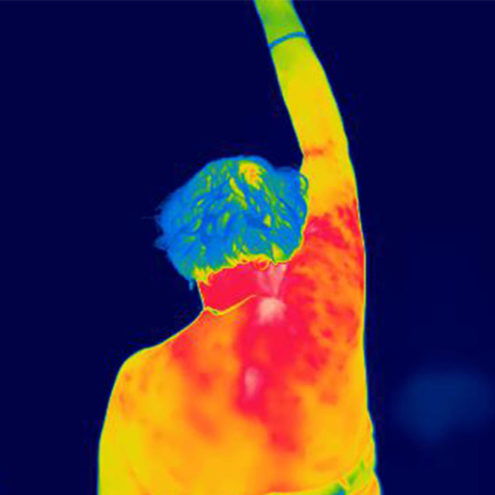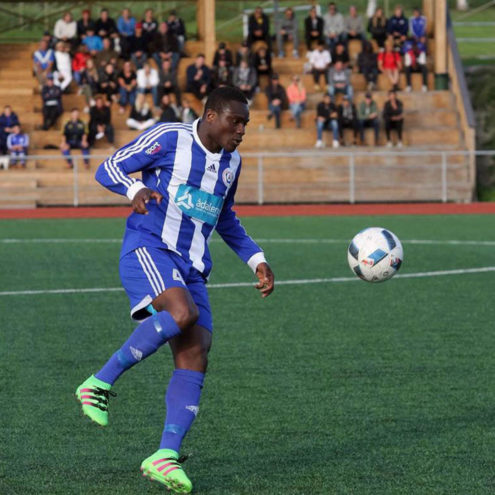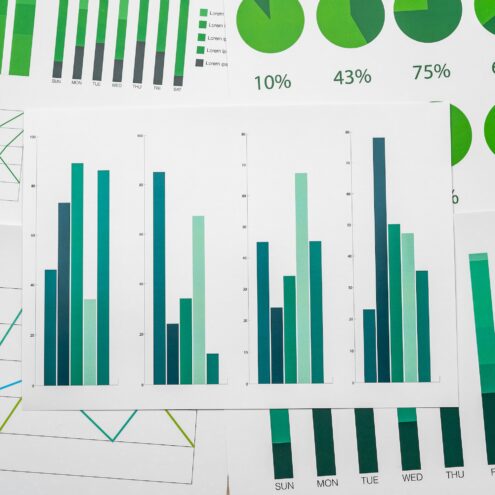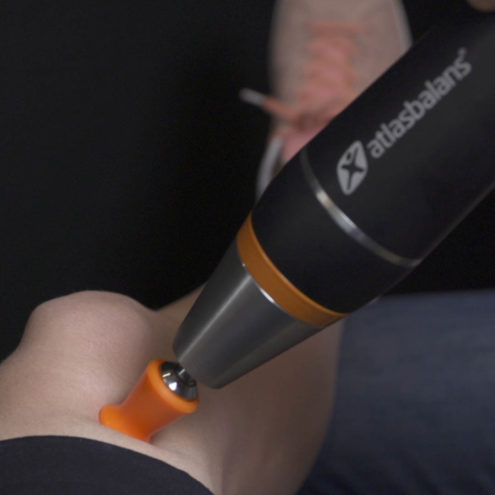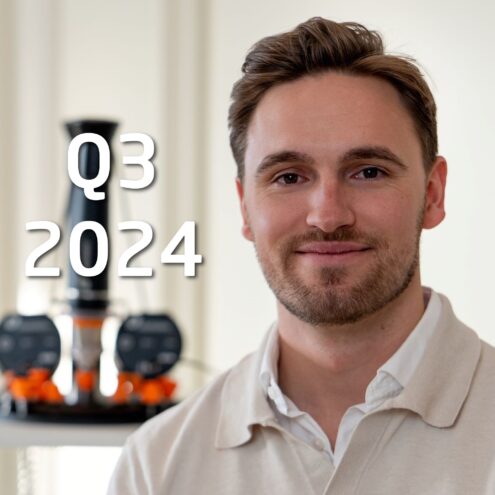Pain in the left side of the abdomen

Pain in the left side of the abdomen is a condition that can have several causes, ranging from mild digestive problems to serious medical conditions. Understanding the possible causes and when it is time to seek medical attention is important for your health and well-being.
Why does the left side of my abdomen hurt?
Pain in the left side of the abdomen can be due to several factors. It can be the result of problems in the digestive tract, such as gas formation, constipation or inflammatory conditions. It can also be related to organs located on the left side of the body, including the colon, kidney and pancreas.
Prolonged pain in the left side of the abdomen
Prolonged or chronic pain on the left side may be a sign of a more serious medical condition. Examples of these conditions include irritable bowel syndrome (IBS), inflammatory bowel diseases such as ulcerative colitis or Crohn’s disease, or chronic infections. Chronic pain can also be related to fascia-related conditions, where tension in the abdominal fascia affects the function and movement of organs.
What is left-sided abdominal pain a symptom of?
Pain in the left side of the abdomen can be a symptom of several different conditions. Among the most common are:
Diverticulitis: Inflammation or infection of small bulges in the large intestine, known as bowel pockets.
Kidney stones: Small, hard mineral deposits that form in the kidneys.
Gas and bloating: Caused by digestive problems.
Gastric ulcer: an ulcer in the walls of the stomach or duodenum.
What additional symptoms do you have besides pain in the left side of your abdomen?
Additional symptoms can be crucial in identifying the cause of the pain. Symptoms such as fever, vomiting, changes in the stool, blood in the stool or urine, and unusual fatigue may indicate a more serious illness. These symptoms may require immediate medical attention.
Pain in the left side of the abdomen during pregnancy
During pregnancy, pain in the left side of the abdomen may be related to changes in the body and the growing fetus. It may be caused by natural dilation of the uterus, stretched ligaments or gas. However, severe or persistent pain should always be evaluated by a doctor to rule out complications such as ectopic pregnancy or premature delivery.
Where and when should I seek treatment for pain in the left side of my abdomen?
If you experience severe, persistent or recurrent pain in the left side of your abdomen, or if the pain is accompanied by other worrying symptoms, you should seek medical attention. Emergency care should be sought if the pain is intense, especially if it is accompanied by symptoms such as high fever, persistent vomiting, blood in the stool or urine, or severe weakness.
How is left-sided abdominal pain treated?
Treatment of pain in the left side of the abdomen depends on the underlying cause. It may include:
Medication: to manage infections, inflammation or pain.
Diet and lifestyle changes: especially for conditions like IBS or bloating.
Surgery: in cases of serious conditions such as diverticulitis or kidney stones that cannot be managed with medication.
Stress management and relaxation techniques: To relieve pain related to fascia tension and stress.
Pain in the left side of the abdomen – What can I do?
For mild to moderate pain or as a complement to medical treatment, it is recommended:
Rest and relaxation: avoid activities that make the pain worse.
Heat treatment: Use a heating pad to relieve pain and muscle tension.
Mild exercise: such as walking or yoga, to improve digestion and reduce stress.
Fascia-oriented exercises: To relieve tension in the abdominal fascia.
Understanding the possible causes of pain in the left side of the abdomen and taking appropriate measures to manage the condition is crucial. If you have any doubts or concerns, you should always consult a health professional.
FAQ – Pain in the Left Side of the Stomach
Varför gör det ont i vänster sida av magen?
Smärta i vänster sida av magen kan ha flera orsaker, inklusive matsmältningsproblem som gasbildning, förstoppning eller inflammation i tarmarna. Det kan också vara ett tecken på mer allvarliga tillstånd som njurstenar, mjältproblem, divertikulit, eller bukspottkörtelinflammation. Om smärtan är intensiv eller ihållande är det viktigt att söka läkarvård för en korrekt diagnos.
Hur känns det när man har ont i mjälten?
Smärta i mjälten kan kännas som en skarp eller molande smärta på vänster sida av magen, precis under revbenen. I vissa fall kan smärtan stråla till ryggen. En förstorad eller svullen mjälte kan också orsaka en känsla av mättnad utan att ha ätit mycket. Vid svår smärta, särskilt efter en skada, kan det vara ett tecken på en sprucken mjälte, vilket är ett medicinskt nödläge.
När ska man söka vård för magont?
Du bör söka vård om du upplever allvarlig, ihållande eller återkommande smärta i magen, särskilt om den åtföljs av andra symtom som feber, kräkningar, blod i avföringen, gulfärgning av huden, svårigheter att andas eller om smärtan förvärras avsevärt vid rörelse eller ansträngning. Vid tecken på en akut medicinsk nödsituation, som misstänkt sprucken mjälte eller bukspottkörtelinflammation, bör du omedelbart söka akut vård.
Vad är mjälthugg?
Mjälthugg är en plötslig, skarp smärta som oftast uppstår i vänster sida av magen under intensiv fysisk aktivitet. Det är vanligtvis inte ett tecken på något allvarligt och kan ofta hanteras genom att minska intensiteten på aktiviteten, förbättra andningstekniken och tillåta tillräcklig tid för matsmältning före träning.
Kan blindtarmen sitta på vänster sida?
Vanligtvis sitter blindtarmen (appendix) på höger sida av magen. Dock, i mycket sällsynta fall och medicinska anomalier, som vid situs inversus (där organens positioner är spegelvända), kan blindtarmen potentiellt vara placerad på vänster sida. I de flesta fall av appendicit (blindtarmsinflammation) är smärtan lokaliserad till höger sida.
Att förstå din kropps signaler och veta när det är dags att söka professionell hjälp är viktigt för att hantera smärta i vänster sida av magen effektivt. Vid några tvivel eller ihållande symtom är det alltid bäst att konsultera med en vårdgivare.
 Search
Search



